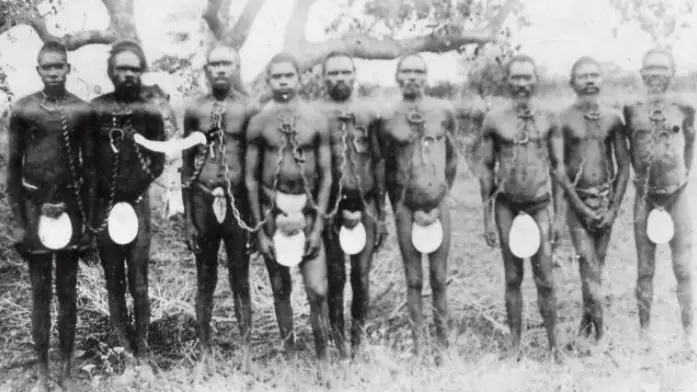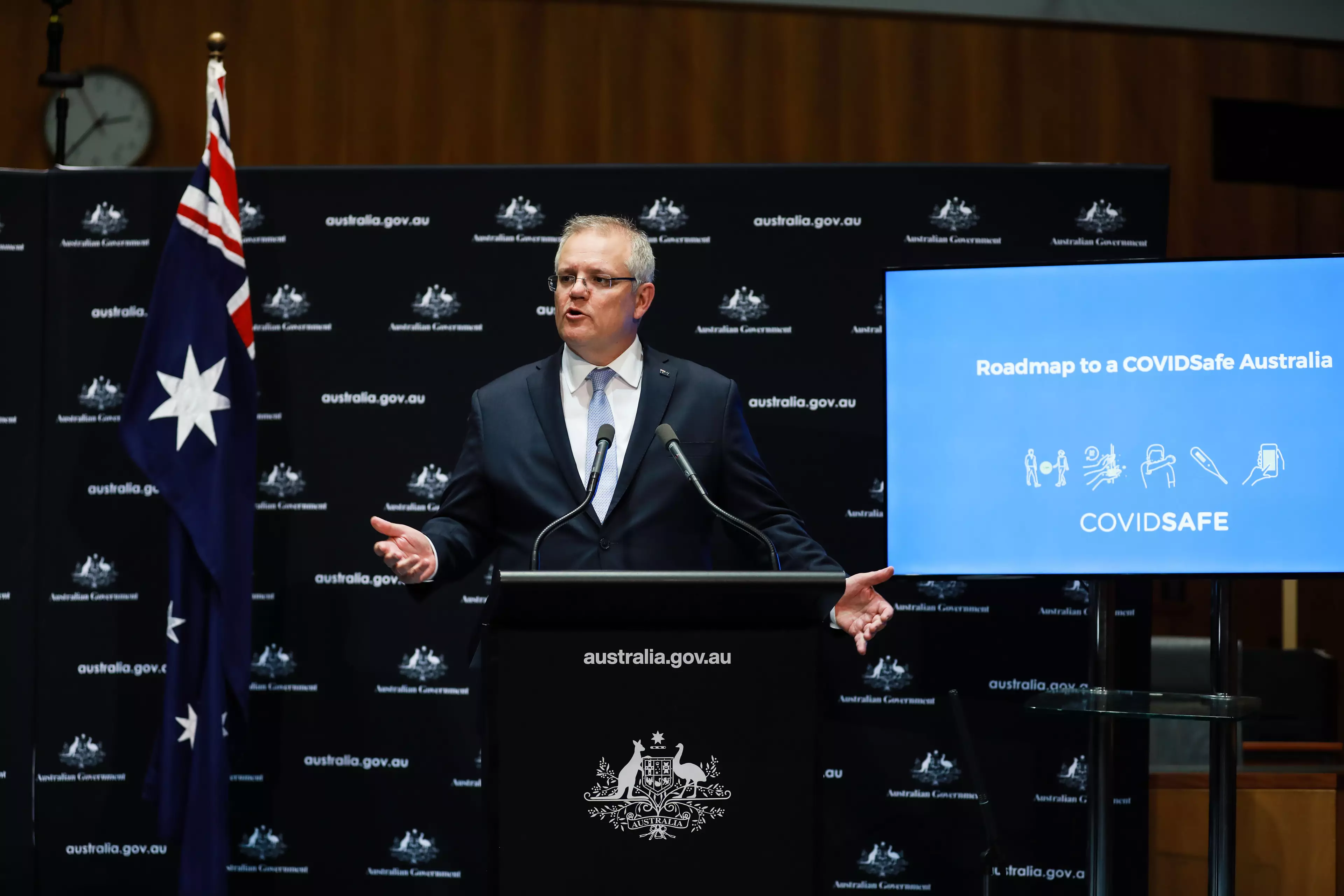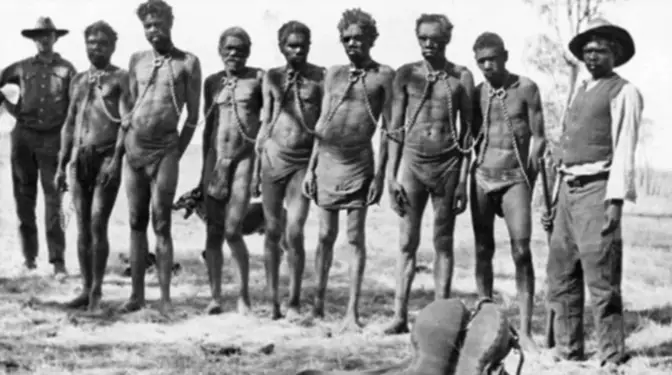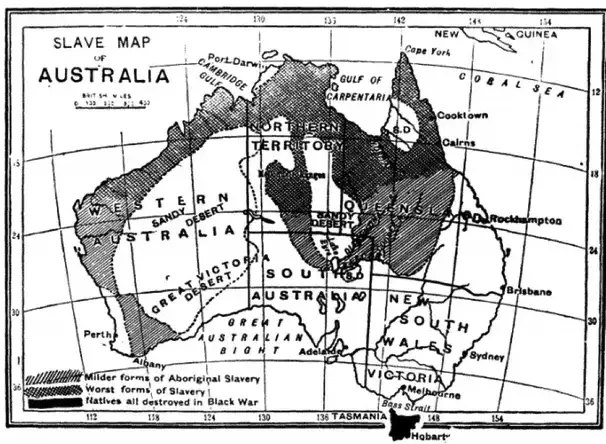
Australian Prime Minister Scott Morrison has been slammed for saying the country has no history of slavery.
In an interview with 2GB Radio yesterday (11 June), Morrison criticised the Black Lives Matter movement, which has become prominent across the globe in the wake of the death of George Floyd in police custody in Minneapolis.
Also arguing that people should avoid protests this weekend, Morrison claimed slavery was not part of the country's history.

Asked about the removal of statues of historical figures connected to the slave trade, the Prime Minister said: "Well, when you're talking about Captain James Cook, in his time he was one of the most enlightened persons on these issues you could imagine.
Advert
"I mean, Australia when it was founded as a settlement, as New South Wales, was on the basis that there'd be no slavery.
"And while slave ships continued to travel around the world, when Australia was established yes, sure, it was a pretty brutal settlement. My forefathers and foremothers were on the First and Second Fleets. It was a pretty brutal place, but there was no slavery in Australia."
People on social media were quick to correct him:
When convicts were transported to the Australians penal colonies, they were forced to work in different parts of the community as part of 'assigned service', and were referred to as 'slave traffic' by officials on the Second Fleet, according to News Corp.
Advert
Thousands of 'coolie labourers' were shipped to Australia in the 1850s for work, and Aboriginal men and women were used for unpaid labour for decades.
Australia also has a history of 'blackbirding', which was the practice of shipping Pacific Islanders to the country's for cheap labour on sugar plantations in Queensland. Sometimes they were forced to come and others were tricked into coming.
Professor Clive Moore, a leading researcher on South Sea Islander history at University of Queensland, told the ABC: "After slavery was abolished the British practitioners asked themselves, 'How can we get the same labour we used to get?' So they used the indentured system.

"Whether you call them slaves or not, they definitely worked in slave-like conditions. It was often horrific."
Advert
There was also legislation in the Northern Territory, Western Australia, South Australia and Queensland that helped facilitate the enslavement of Aboriginal people, according to Sydney University's Professor of Law Thalia Anthony.
Despite the British empire making slavery illegal in the early 1800s with the Act for the Abolition of the Slave Trade of 1807, there were still accusations of the practice being instated in parts of Australia 100 years later.
In 1891, anti-slavery campaigners printed a map denoting how widespread the practice was across Australia.

The North Australian Workers' Union (NAWU) characterised Aboriginal workers as 'slaves' in 1932, with Unionist Owen Rowe arguing: "If there is no slavery in the British empire then the NT is not part of the British empire; for it certainly exists here in its worst form."
Advert
Chief protector Dr Cecil Cook noted in the 1930s that Australia was in breach of its obligations under the League of Nations slavery convention.
A decade later, anthropologists Ronald and Catherine Berndt looked at cattle stations owned by Lord Vestey and noted that some Aboriginal people were sold or transferred with the property.
Featured Image Credit: Broome Historical Society/Freney Collection